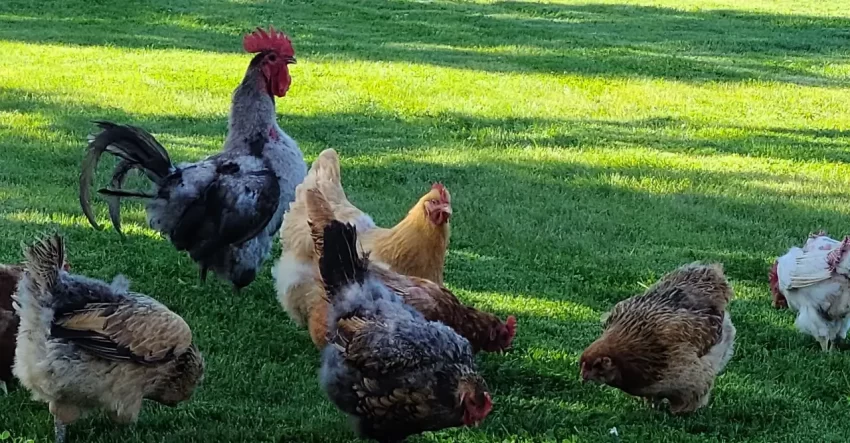If I were to summarize the main attribute of a great leader it would be selflessness. A leader is motivated by serving others, guiding others and making sure the interest of the team is a top priority. A leader will provide the vision and motivation but the day to day activities should be supporting the team to achieve that vision. There are thousands of books and articles about what a great leader is, but it’s not until you experience a good and a bad leader that helps you get more clarity around what the attributes of a good leader really look like.
Recently I met Steve, Steve is a leader on his team of about 20. Steve did not become a leader by appointment or by inheritance but instead by his actions. Here are a few things I have observed Steve doing within his team:
- Will go outside his comfort zone to explore new things to better the team.
- Will enjoy the pleasures of life after his team goes first (example: eating, material possessions, comfort)
- Will be the first to identify risks and dangers to the team, always looking ahead, a great listener.
- If there is a danger, he is the first one to confront it head-on while others retreat.
- Will be the first awake and the last to bed, not being a workaholic but making sure his team is supported and cared for.
- Will identify and train other leaders within the team.
- Understands that he is not the smartest on the team but knows how everyone fits on the team.
Did I mention that Steve is the gray rooster in the picture above? I love to see how my chickens work within a team, their pecking order and how Steve leads them to explore new areas but has an eye out for dangers and opportunities. Okay, so it’s not an exact analogy for a human leader but it was a good physical reminder that I get to watch daily out my window.
In all seriousness, we always have the opportunity to be leaders in our work, our families and our communities. So I want to be intentional with what I do/say and how I am leading my teams. In some situations, I might be appointed or inherit my role, but in most cases I need to become a leader by my actions only. As mentioned, it’s not until you pay attention and experience both a good and bad leader that you receive better clarity. Recently a team that I joined was without vision, motivation and direction. I asked the appointed leader to step up and verbalize his vision, motive and align us by sharing a common goal and provide an outline on how we are to achieve our goals. The appointed leader responded with “I’m an introvert and wouldn’t do that in front of everyone.” Understanding his strengths and weaknesses and having self awareness is a great attribute of a leader but also being a good communicator and problem solver is required by leadership. If he didn’t want to stand up and deliver a verbal presentation he could have sent an email, delegated the concepts to someone else or come up with another solution but simply not providing us goals, motivation and a vision destroyed the teams moral and unity. It was a short-lived team that quickly looked for another leader. An opposite example of that is a recent business partner that joined my team. He was the best supporter, motivator, and communicator of the team vision and goals. He drove alignment, unity, collaboration and excitement on the team. Here is a quick list of strengths that I observed in leaders:
- Servant heart
- Great Listener
- Empathetic
- Bold, willing to make a decision and balance the risks
- Respectful to all team members
- Integrity to always do the right thing no matter the consequences
- Vulnerable and transparent which earns trust within the team
- Curious and energetic to constantly explore and solve problems
- Intentional and a planner to always look ahead to what might be coming
When I review myself, I specifically look at where I can increase these strengths in my actions. I encourage you to do the same. Create a monthly calendar event to reflect on what actions you took and could have taken that month to become a better leader. Also plan ahead for what you could be doing next month to increase your teams success in their shared goals. If you catch me doing the opposite of a leadership strength, throw a plank in my eye and call me a hypocrite!
